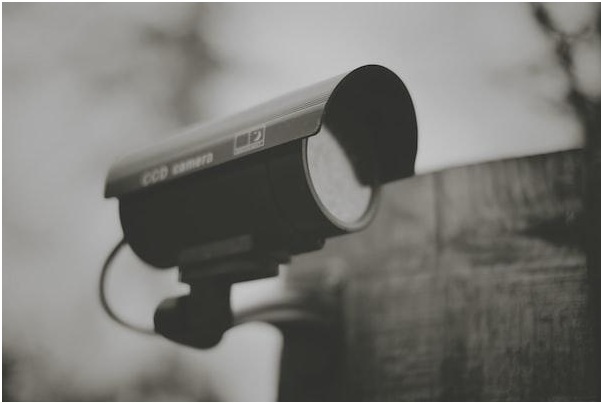In the ever-evolving world of security cameras, there are two popular options that dominate the market: Digital Video Recorders (DVR) and Network Video Recorders (NVR). Both types offer powerful security capabilities and advanced features, but understanding the differences between them is crucial in choosing the right system for your specific needs. In this article, we’ll explore the key distinctions between DVR vs NVR cameras to help you make an informed decision.

Table of Contents
DVR Cameras
DVR cameras have been a staple in the security industry for many years. These cameras are typically used in analog security systems and are known for their simplicity and cost-effectiveness. A DVR system consists of cameras that capture video footage, which is then compressed and stored directly on the DVR’s hard drive.
One of the main advantages of DVR security cameras is their compatibility with existing analog cameras. If you already have an analog security system in place, upgrading to a DVR system can be a seamless transition. DVRs also tend to be more affordable compared to NVRs, making them an attractive option for budget-conscious consumers.
However, it’s important to note that DVRs have limitations when it comes to resolution and scalability. Since DVRs process and compress video footage on the device itself, the image quality may be limited to the capabilities of the DVR. Additionally, expanding the system by adding more cameras can be challenging due to hardware constraints.
NVR Cameras
NVR cameras, on the other hand, have gained popularity in recent years due to their features and flexibility. Unlike DVRs, NVRs operate on Internet Protocol (IP) networks, allowing for high-resolution video capture and transmission. NVR systems utilize network cameras that encode and transmit video data over a local network or the internet, which is then stored on the NVR’s hard drive.
The primary advantage of NVR security cameras lies in their superior image quality. With higher resolution support, NVR systems can capture and display detailed footage, making them ideal for situations that require clear identification, such as facial recognition. NVRs also offer greater scalability, as adding more cameras is relatively straightforward as long as the network can handle the increased data flow.
Furthermore, NVR systems often come equipped with features like motion detection, intelligent video analytics, and remote access. These features enhance the overall functionality and usability of the system, allowing users to efficiently manage and monitor their security footage.
Choosing the Right System for You
When deciding between DVR and NVR security cameras, there are several factors to consider. Firstly, assess your existing infrastructure. If you already have analog cameras in place, upgrading to a DVR system may be a cost-effective solution. On the other hand, if you require higher resolution and upgraded features, an NVR system is likely the better choice.
Consider the size and scope of your security needs. If you have a small area to monitor and don’t anticipate significant expansion, a DVR system may be sufficient. However, if you have a large property or plan to add more cameras in the future, an NVR system offers the scalability and flexibility necessary to accommodate growth.
Budget is another critical factor. DVR systems are generally more affordable upfront, but it’s essential to consider long-term costs. NVR systems may have a higher initial investment, but they often provide better image quality and advanced features, which can be valuable in the long run.
In the DVR vs. NVR debate, there is no definitive winner. The right choice ultimately depends on your specific requirements, infrastructure, and budget. DVR security cameras offer simplicity and cost-effectiveness, making them suitable for smaller setups and those with existing analog cameras. On the other hand, NVR security cameras provide superior image quality, scalability, and advanced features, making them ideal for larger security needs and those seeking high-resolution footage.
When considering the best security camera system for your needs, it’s essential to evaluate the specific requirements of your location. For instance, in New Haven, CT, the choice between DVR and NVR systems can significantly impact the effectiveness of your security setup. The urban environment and unique architectural features of New Haven may benefit from the advanced capabilities of NVR systems, which offer higher resolution and more flexible installation options. However, for those prioritizing cost-effectiveness and simplicity, a DVR system might be more suitable. Understanding the nuances of each system can help ensure that your security measures are both efficient and tailored to your specific environment.



